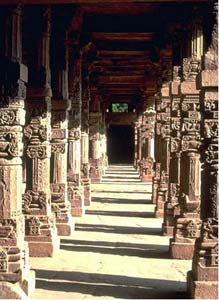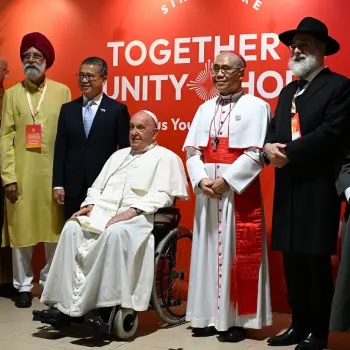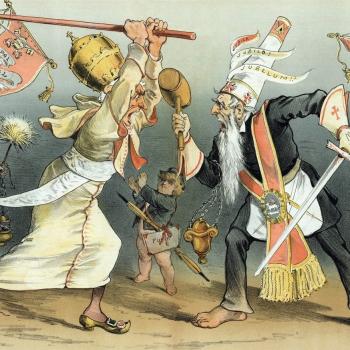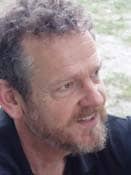By Philip Clayton

The "On Faith" section of the Washington Post recently ran a fascinating debate on the question: "What to call terrorists?"
I was most struck by how sharply the answers split. A number of the authorities objected stridently to the Obama administration's efforts to separate Islamic and terrorist. "Call it what it is!" they insisted. "You're just obscuring the facts and engaging in double-speak." But others were equally vehement on the other side: "It's not Islam as such that creates terrorism and terrorists. Theirs are political acts of violence, and we should label them as such. Don't blame this all on Islam!"
For the record: I see no way of avoiding the adjective. When a suicide bomber carries the Quran close to his heart as he dies or a gunman yells "Allāhu Akbar!" ("God is Great!") as he kills other human beings, as Nidal Malik Hasan did last November, he leaves us no choice. He self-defines his terrorist act as a religious act. We may later try to wrest this definition away from him, and maybe with good reason. Yet we have no choice but to start with his dying words.
But does the reader have to be an extremist too, dividing the world into either/or's, siding with just one camp or the other? Is there no element of truth in the blogs of those I disagree with? Those on the other side of the debate scored at least three strong points. Let the record be expanded to include them as well:
- The problem with the adjective "Islamic" terrorist is not that it's false. The problem lies in us, in what we do with it. The truth is, many Americans are using the phrase to define Islam, and then to dismiss it as evil. On Jesus-is-Lord.com, you can read about Muslims raping children and murdering innocents. What conclusions are drawn? "They are attempting to take over the entire world via violent conquest." "We see the incessant immigration of Muslim and Catholics. We're being overwhelmed." In response to the rape charges, a reader writes, "I was brought up in a Muslim family, and I can tell you from experience that this is the way it is all of the time."
- Let's not underestimate our own ability to stereotype. Surely we have learned this much from our own sad history of racial relations in America. Abraham Heschel once wrote, "Racism is man's gravest threat to man -- the maximum of hatred for a minimum of reason." Obama's goal in separating adjective and noun is not to deny undeniable realities. It's to create a space, a cognitive gap, so that our minds don't leap blindly from "Muslim" to "terrorist," as if the two terms were coterminous. That claim, surely, is false.
- The world is far more complex, Horatio, than is dreamt of in your philosophy. Contraries are often true at the same time. Many Muslims are willing to condone, and some to engage in, acts of violence in the name of Islam. Too few Muslim spokespersons boldly condemn this link. That is true, and so is this: any deep study of Islamic texts, theology, and history shows the spiritual depth and wisdom contained in this tradition. I have the privilege of teaching great Muslim philosophers such as Avicenna and Averroes to graduate students, as well as the spiritual poetry of the Sufi mystics. This, too, is Islam.
In short: we pay attention to labels not to promote an Orwellian distortion of reality, but to fight back against our own penchant to stereotype. Franklin Graham called Islam an "evil and wicked religion," and conservative Christian leaders Pat Robertson and Chuck Colson happily echoed his refrain. Religious character assassination also needs to be resisted.
Religions at their best offer a positive vision of how the world might be different. "Let there be no compulsion in religion: Truth stands out clear from Error" (Surah 2, Verse 256). Just as exterminating a species weakens the entire biosphere, so also silencing the positive voice of Islam removes a spiritual resource for the future of humanity. Assalamu Alaikum -- Peace be upon you.
Read other articles by Philip Clayton at Patheos:
7/23/2010 4:00:00 AM





